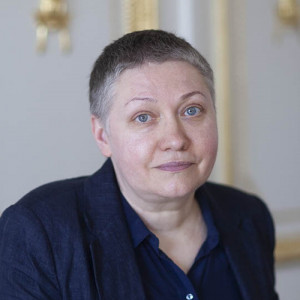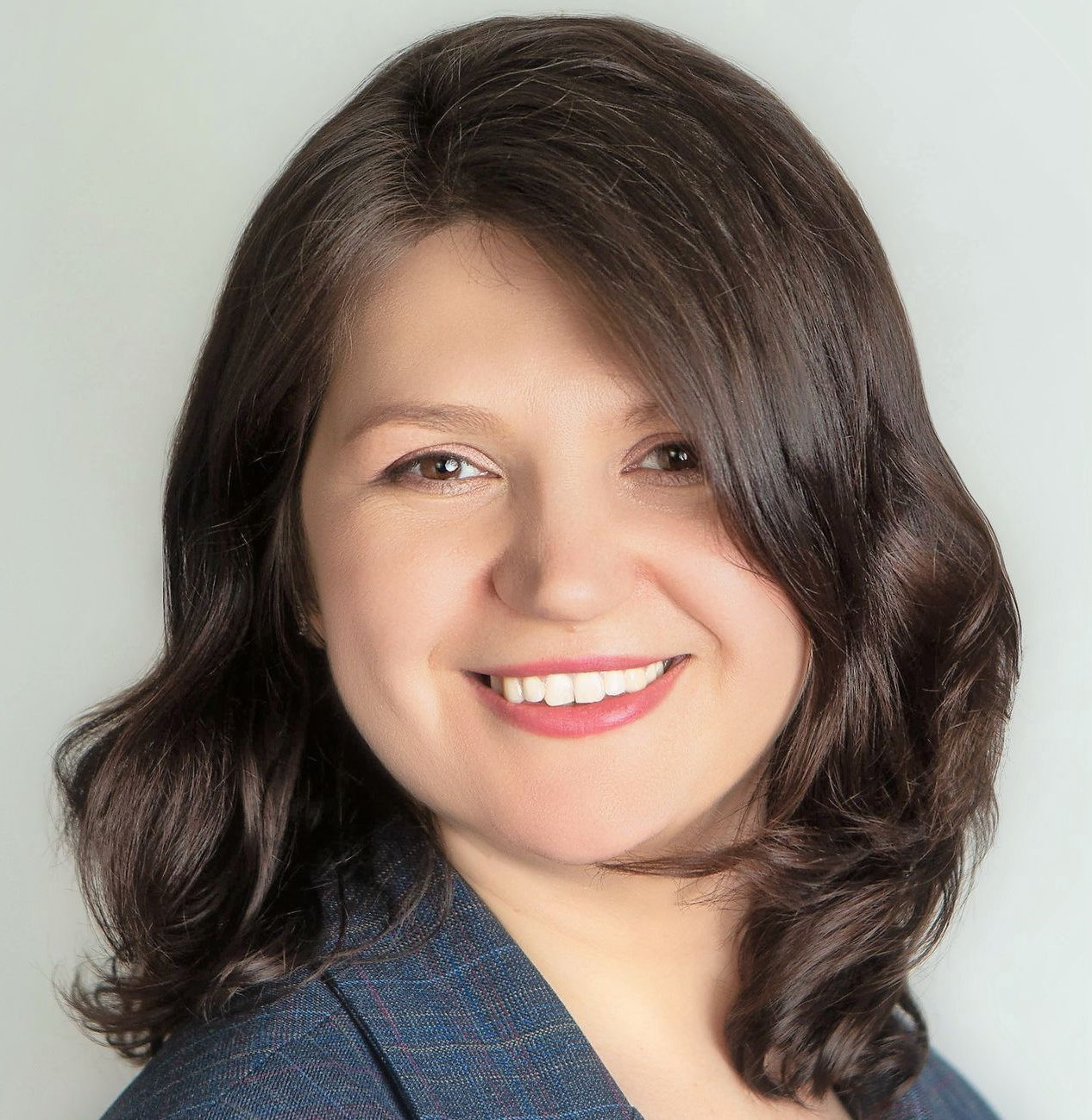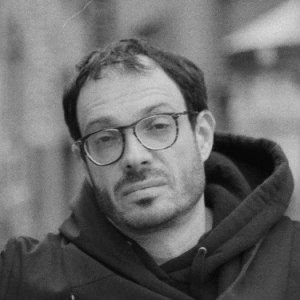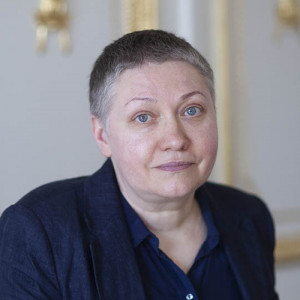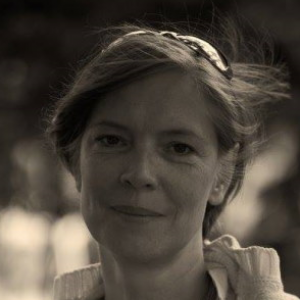Stasis Center for Practical Philosophy
In Russian
International conference "Act, labor, creation, 23–24 September 2021
International conference "Act, labor, creation". Dates: 23–24 September 2021
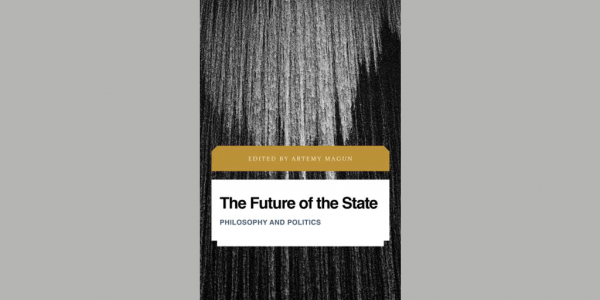
The Collective Monograph "The Future of the State. Philosophy and Politics" Edited by Artemy Magun Is Published
Rowman & Littlefield International has published a collective monograph “The Future of the State. Philosophy and Politics” edited by Artemy Magun, director of the Stasis Center for Practical Philosophy. The book is devoted to the development of a positive concept of the state from the leftist political theory point of view.
19.08.2020
